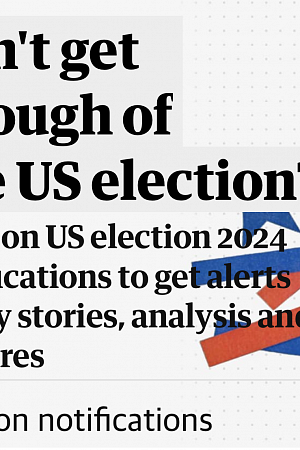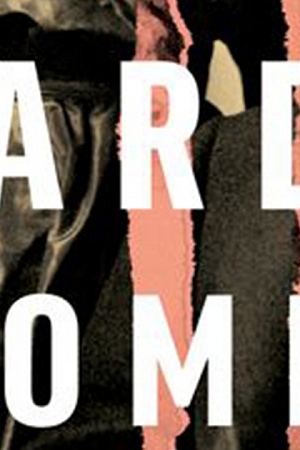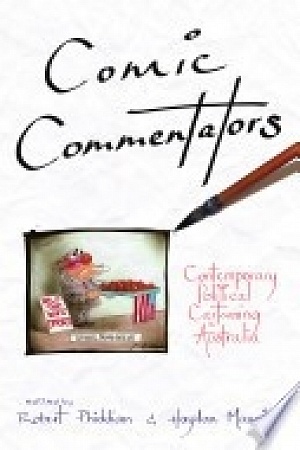Just Keep Praying
At times like these, we would be churlish to forget how much we have to thank Americans for. Apart from anything else, they have enriched the language with the enviable expressions and patentable phrases that other English speakers, even when they are irritated, still imitate. American English is usually empowered by both oral and moral certitude, even more so in wartime. ‘History,’ says President George W. Bush portentously, ‘has called us into action.’ ‘The good guys are us,’ General Tommy Franks memorably declares just before the invasion of Iraq, warning President Bush: ‘We’re going to be suboptimised.’ Donald Rumsfeld says his bombers aren’t running out of targets, Afghanistan is. He doesn’t want diplomacy to divert the US from the coming war, so his plan is ‘to dribble this out slowly’. Vice-President Cheney assures the Saudi Ambassador, Prince Bandar: ‘Once we start, Saddam is toast.’ Then, as the troops go in, ‘Just keep praying’, Condoleeza Rice urges her colleagues. ‘Mission accomplished’, the banner reads on 1 May 2003, on board the Abraham Lincoln. ‘Ladies and gentlemen, we got ’im,’ Paul Bremer hubristically tells the press after the capture of Saddam Hussein. But what CIA Director George Tenet calls ‘the price of being wrong’ is rising.
Often, the words these key figures use reveal the mindset of the movies and the patois of the prairies. ‘Bring it on’, Bush taunts those resisting the occupation of Iraq. ‘Stuff happens’, Rumsfeld asserts, having for months had reports of torture of Iraqi prisoners by Americans, yet not saying what he had done with them. In wartime, the linguistic culture of the US force-feeds us on exceptionalism, ignorance and ostentatious piety. The president, when asked by Bob Woodward if he had consulted his father, George Bush senior, about the war, said no, he relied upon a higher father. In his new book, The President of Good and Evil (reviewed by Raimond Gaita on page 14), philosopher Peter Singer finds that Bush, who poses as America’s moral leader, is ethically naive. This capacity for crusading religiosity, violent nicety, perfidious innocence, deceitful openness and brutal idealism would be uniquely American if it did not so resemble the efforts of the Islamist jihadists.
It is Colin Powell, the White House pariah, who swore not to repeat the Vietnam lies, and who has pointed to the analogy between the atrocities committed at My Lai and Abu Ghraib. In Iraq, as in Vietnam, the invaders claimed they could win hearts and minds by getting rid of tyranny. In both countries, they behaved little better than the tyrants, and they failed to set up showcases of democracy. They made one country the battlefield for their war against communism, and the other the front for their war against terrorism. Official opinion abhors talk of a quagmire in Iraq, but some writers are now calling it a precipice. This time, the consequences for all involved may be worse.
Continue reading for only $10 per month. Subscribe and gain full access to Australian Book Review. Already a subscriber? Sign in. If you need assistance, feel free to contact us.














Leave a comment
If you are an ABR subscriber, you will need to sign in to post a comment.
If you have forgotten your sign in details, or if you receive an error message when trying to submit your comment, please email your comment (and the name of the article to which it relates) to ABR Comments. We will review your comment and, subject to approval, we will post it under your name.
Please note that all comments must be approved by ABR and comply with our Terms & Conditions.